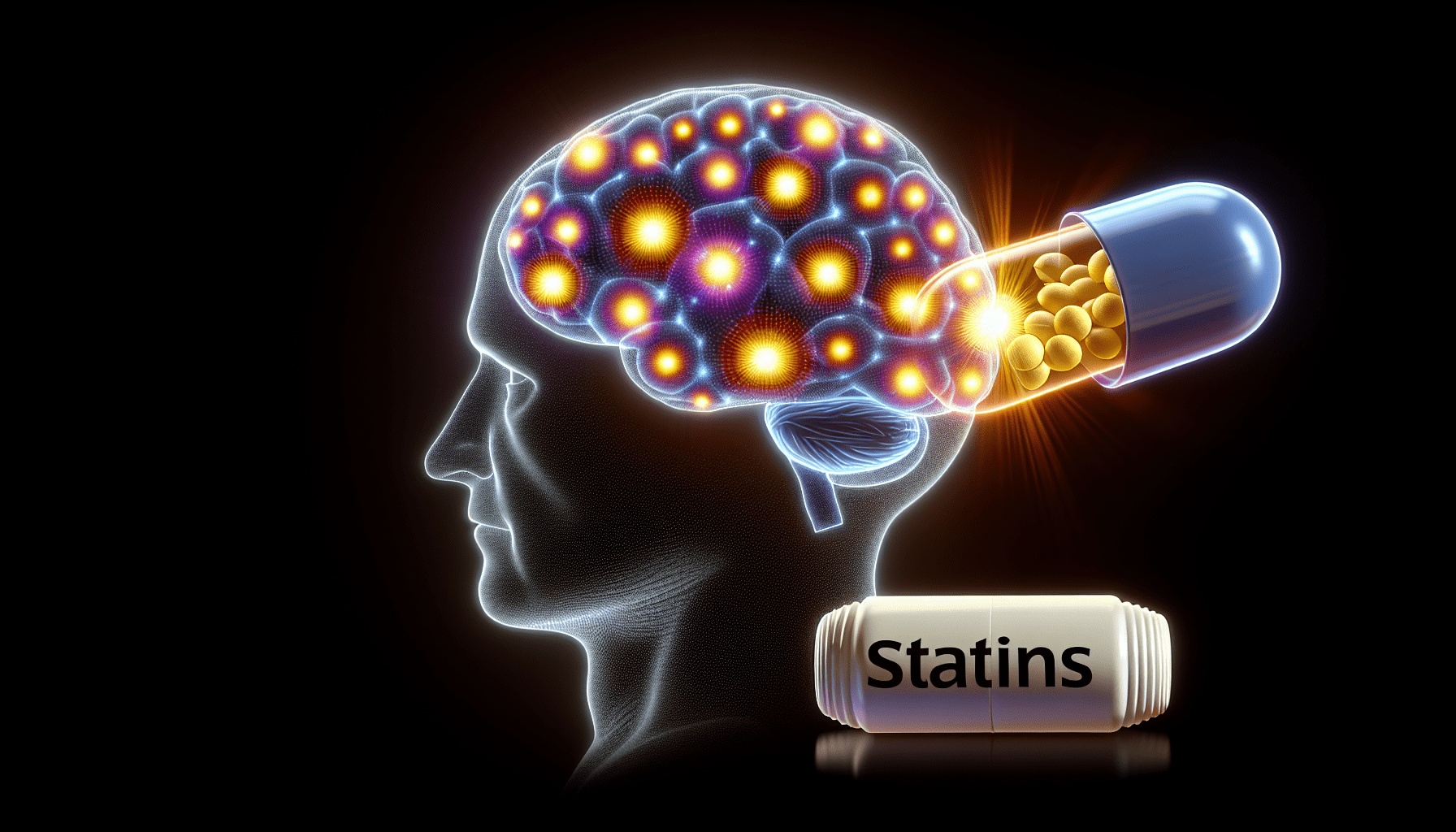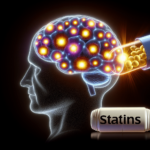
The Potential Role of Statins in Mitigating Dementia Progression
In the ongoing quest to combat dementia, a condition that affects an estimated 50 million people globally, researchers have turned their attention towards statins – drugs predominantly used to lower cholesterol levels. Emerging evidence suggests that statins could offer a novel approach to slowing down the development of dementia symptoms, yet this potential therapeutic avenue requires careful exploration.
Statins are primarily prescribed to reduce the risk of cardiovascular diseases by limiting cholesterol production in the liver, thus preventing atherosclerosis. Besides their cardiovascular benefits, statins have anti-inflammatory and antioxidant properties, both of which are relevant in neurodegenerative processes. This has raised the question of whether the chronic use of statins could intersect with the pathophysiology of dementia.
Building upon observational studies, recent investigations have indicated a possible association between the regular use of statins and a reduced risk of dementia. Laboratory and epidemiological studies propose mechanisms by which statins might exert neuroprotection, such as enhancing cerebral blood flow, modulating synapses and neuroinflammation, and potentially reducing the accumulation of amyloid plaques—an hallmark feature of Alzheimer’s disease.
Despite these promising findings, clinical trials remain the gold standard for establishing a drug’s efficacy. As such, ongoing randomised controlled trials are endeavouring to elucidate the impact of statins on dementia progression. These studies aim to determine whether statins can be repurposed to not only guard the heart but also shield the brain against the ravages of cognitive decline.
Researchers caution, however, that while statins could offer a glimmer of hope, they are by no means a silver bullet for dementia. Considering the complexity of dementia’s aetiology and the varying types and stages of the disease, the effects of statins may differ widely among individuals.
Moreover, it is too early to recommend statins as a preventive therapy for dementia outside of their lipid-lowering indications. Medical professionals and patients are advised to await the conclusive results of rigorous trials before embracing statins as a dementia remedy. Until then, the pursuit of understanding and treating dementia continues, with statins featuring prominently in the array of potential interventions.





